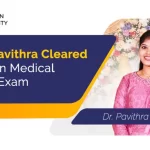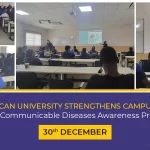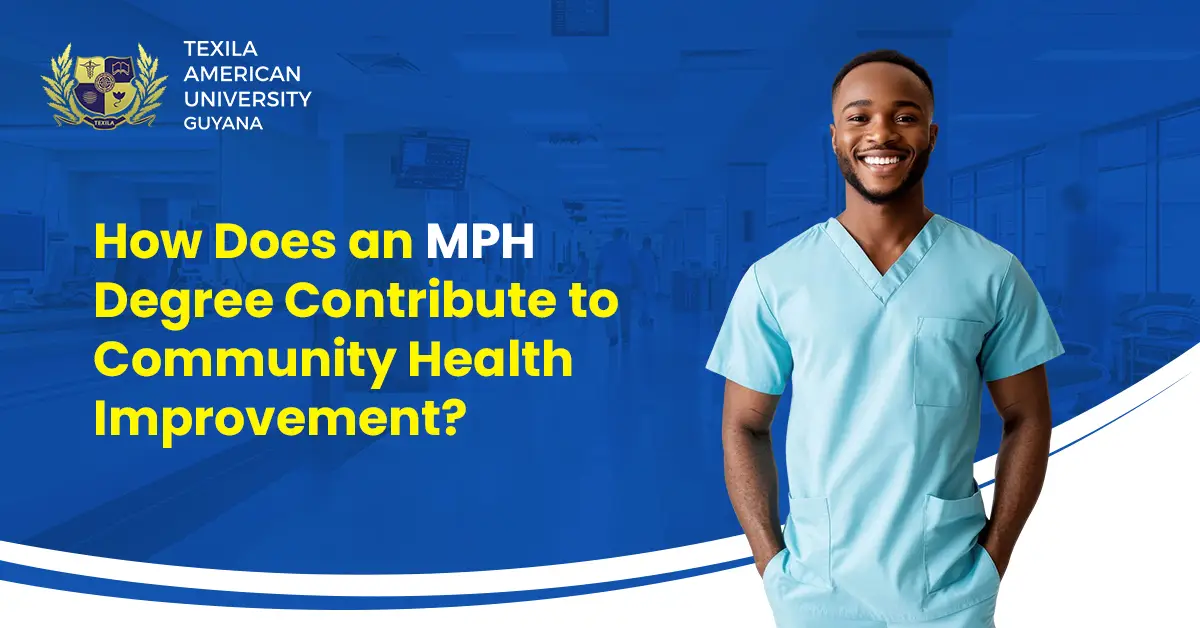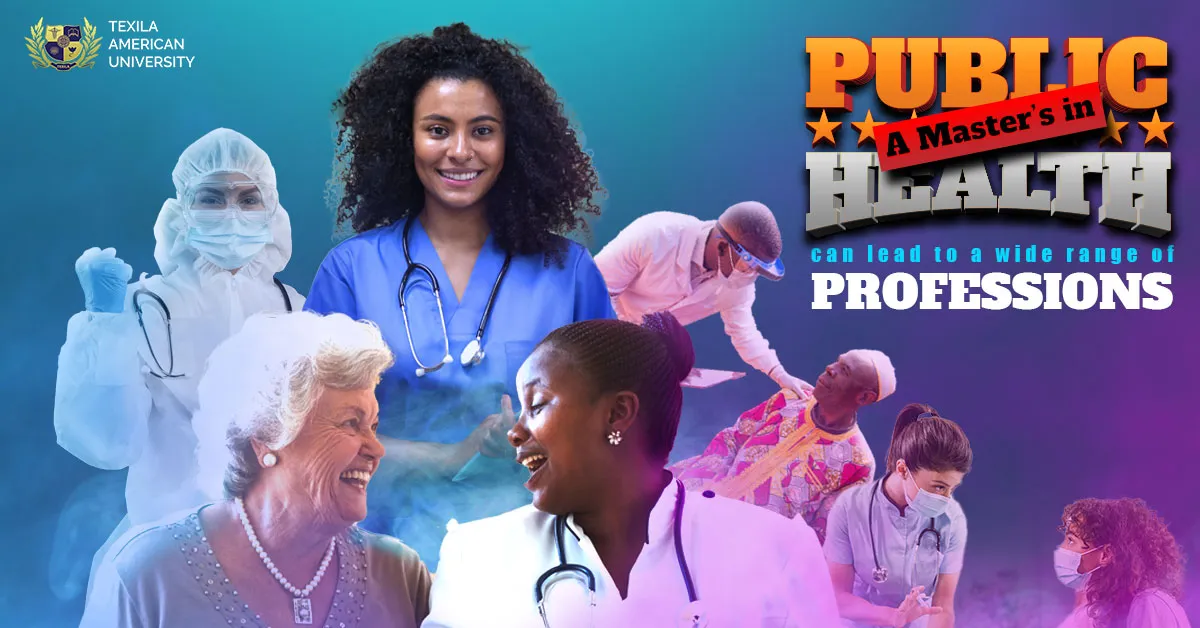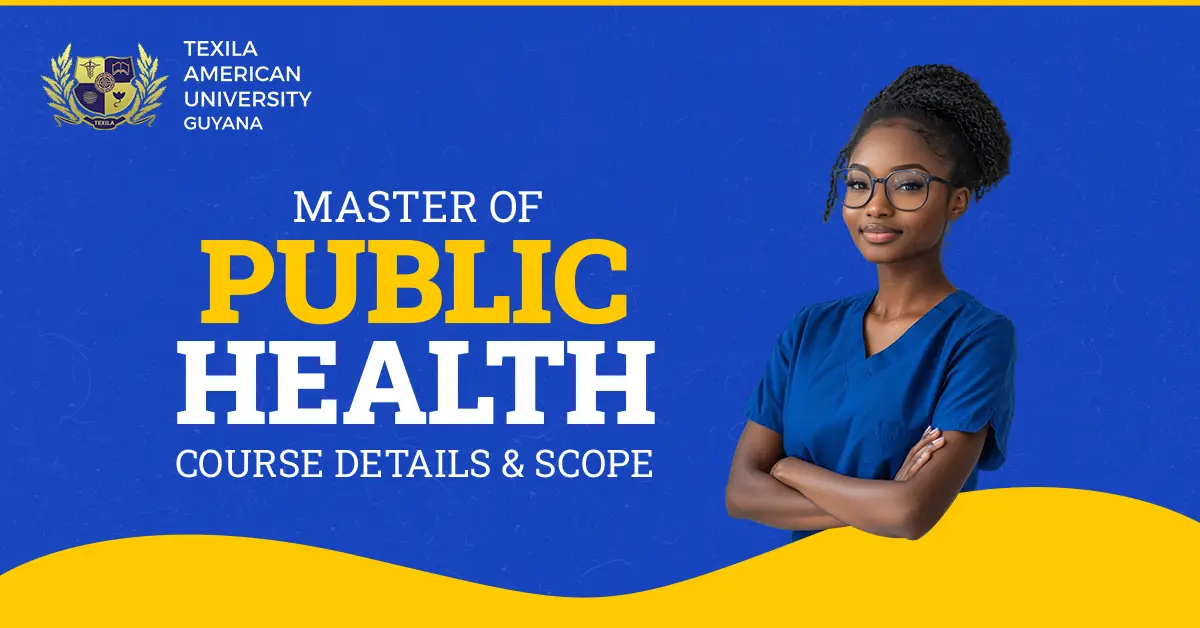Blog Summary
Master of Public Health (MPH) programs offer numerous opportunities for students to elevate their educational experience and prepare for impactful careers in public health. By strategically selecting courses, engaging in experiential learning, conducting research, networking with professionals, developing leadership skills, advocating for policy change, and committing to lifelong learning, MPH students can maximize their potential and drive positive change in communities worldwide.
Table of Contents
Introduction
A Master of Public Health (MPH) degree equips students with the knowledge and skills to address complex public health challenges and drive positive change in communities. However, maximizing the MPH experience requires strategic planning and engagement. This guide explores seven proven methods to elevate your MPH experience, from leveraging experiential learning opportunities to building a solid professional network and staying current with emerging public health trends.
Strategic Course Selection
- Core Competencies: Choose courses that align with the core competencies outlined by accrediting bodies such as the Council on Education for Public Health (CEPH), ensuring a well-rounded education in areas like epidemiology, biostatistics, environmental health, and health policy.
- Specialized Concentrations: Consider selecting a specialized concentration or track within the MPH program, such as global health, health promotion, or epidemiology, to deepen your expertise in a specific area of the master of public health course.
- Interdisciplinary Courses: Take advantage of interdisciplinary courses that integrate knowledge from various fields like sociology, anthropology, and economics, providing a comprehensive understanding of public health issues.
Strategic course selection allows students to tailor their MPH experience to their interests and career goals while acquiring essential skills and knowledge.

Experiential Learning Opportunities
- Internships and Practicums: Seek internships and practicum experiences with local health departments, non-profit organizations, or research institutions to gain practical, hands-on experience in public health practice.
- Fieldwork and Community Engagements: Engage in fieldwork and community-based projects to apply classroom learning to real-world public health challenges, building essential skills in program planning, implementation, and evaluation.
- Global Health Experiences: Take advantage of opportunities for international fieldwork or study abroad programs to gain cross-cultural perspectives on public health issues and interventions.
Experiential learning opportunities enhance students’ resumes, deepen their understanding of public health practice, and expand their professional networks.
Research and Publication
- Faculty-Led Research Projects: Collaborate with faculty members on research projects, contributing to the evidence base in master’s in public health and gaining valuable research experience.
- Independent Research: Pursue independent research projects on topics of interest, honing your research skills and potentially publishing findings in peer-reviewed journals or presenting at conferences.
- Publication Opportunities: Take advantage of opportunities to publish research findings or articles in public health journals or newsletters, showcasing your expertise and contributing to the academic discourse in the field.
Engaging in research and publication enhances your academic credentials and positions you as a thought leader in the public health community.
Professional Networking
- Networking Events: Attend networking events, conferences, and seminars to connect with public health professionals, alums, and potential employers, expanding your professional network.
- Informational Interviews: Conduct informational interviews with professionals in your field of interest to learn more about career paths, job opportunities, and industry trends.
- Alumni Networks: Tap into alumni networks offered by your MPH program to access mentorship, career advice, and job leads from graduates in various public health sectors.
Professional networking is essential for career advancement and accessing job opportunities in the competitive field of public health programs.
Leadership Development
- Leadership Courses: Take leadership courses or workshops as part of your MPH program to develop essential leadership skills such as communication, problem-solving, and decision-making.
- Student Leadership Roles: Get involved in student organizations or leadership roles within your MPH program, gaining experience in project management, team collaboration, and advocacy.
- Mentorship Programs: Seek mentorship opportunities with experienced public health professionals or alums, receiving guidance and support as you navigate your career path.
Developing leadership skills is critical for advancing your public health career and making a meaningful impact on population health.
Policy Advocacy and Community Engagement
- Policy Analysis Courses: Enroll in courses focused on health policy analysis and advocacy to understand the policy-making process and develop skills in advocating for evidence-based public health policies.
- Community Engagement Projects: Participate in community-based research or advocacy projects, collaborating with local organizations and stakeholders to address health disparities and promote health equity.
- Legislative Internships: Seek out internships or volunteer opportunities with legislators or government agencies to gain firsthand experience in the policy-making arena.
Policy advocacy and community empowerment efforts are crucial for advancing public health agendas and promoting social justice.
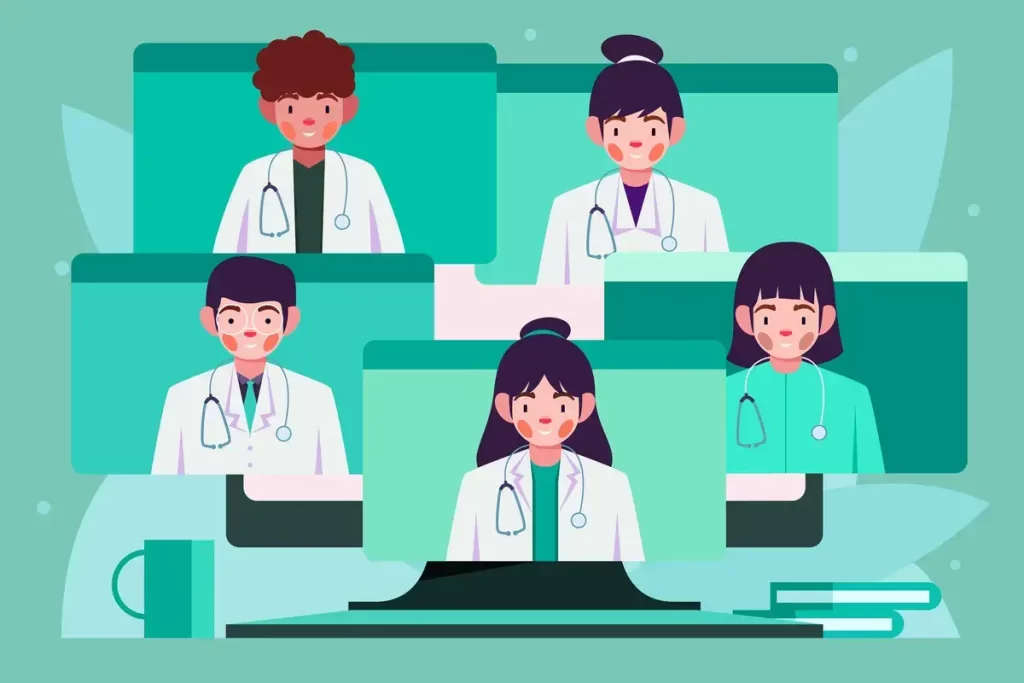
Lifelong Learning and Professional Development
- Continuing Education: Stay current with emerging masters of public health degree trends and best practices by participating in continuing education courses, webinars, and workshops offered by professional organizations or academic institutions.
- Certifications and Credentials: Pursue additional certifications or credentials in specialized areas of public health to enhance your expertise and credibility in the field.
- Conference Attendance: Regularly attend public health conferences and symposiums to stay abreast of the latest research, network with peers, and gain inspiration for your work.
Committing to lifelong learning and professional development ensures you remain competitive and impactful as a public health professional.
Conclusion
Elevating your Master of Public Health experience requires intentional effort and engagement across various domains, from strategic course selection to professional networking and lifelong learning. By leveraging experiential learning opportunities, engaging in research and publication, developing leadership skills, advocating for policy change, and committing to ongoing professional development, you can maximize the impact of your MPH degree and make meaningful contributions to improving population health and advancing health equity.
FAQs
What standard concentrations or tracks are available in Master of Public Health programs?
MPH programs often offer concentrations in epidemiology, biostatistics, health policy and management, environmental health, global health, and health promotion. Some programs may also offer specialized tracks in specific disease areas or populations.
How can I make the most of networking opportunities during my MPH program?
To maximize networking opportunities, attend conferences, seminars, and networking events within and outside your academic institution. Be proactive in reaching out to professionals in your field of interest, and don’t forget to follow up with contacts after initial meetings to maintain connections.
What examples of leadership roles can I take on within my MPH program?
Examples of leadership roles within MPH programs include serving as a student organization president or officer, leading a community engagement project, organizing public health events or workshops, and representing students on departmental or university committees.
After completing my MPH program, how can I stay informed about emerging public health trends and research?
You can stay informed about emerging public health trends by subscribing to public health journals, joining professional organizations, following reputable public health news sources, participating in online forums and discussion groups, and attending continuing education courses and conferences.
What are some ways to advocate for policy change as a public health professional?
Public health professionals can advocate for policy change by engaging in grassroots organizing, participating in advocacy campaigns, conducting policy analysis and research, writing op-eds and letters to policymakers, and building coalitions with other stakeholders.




